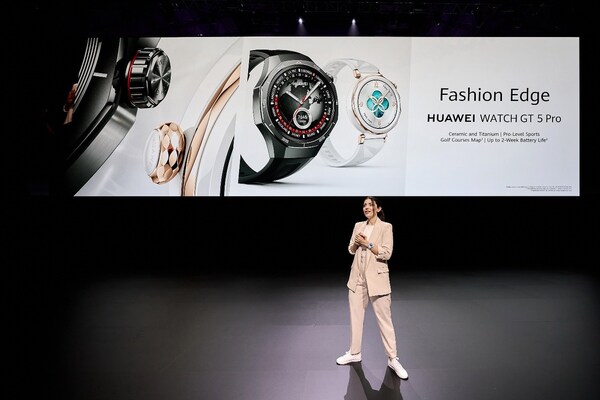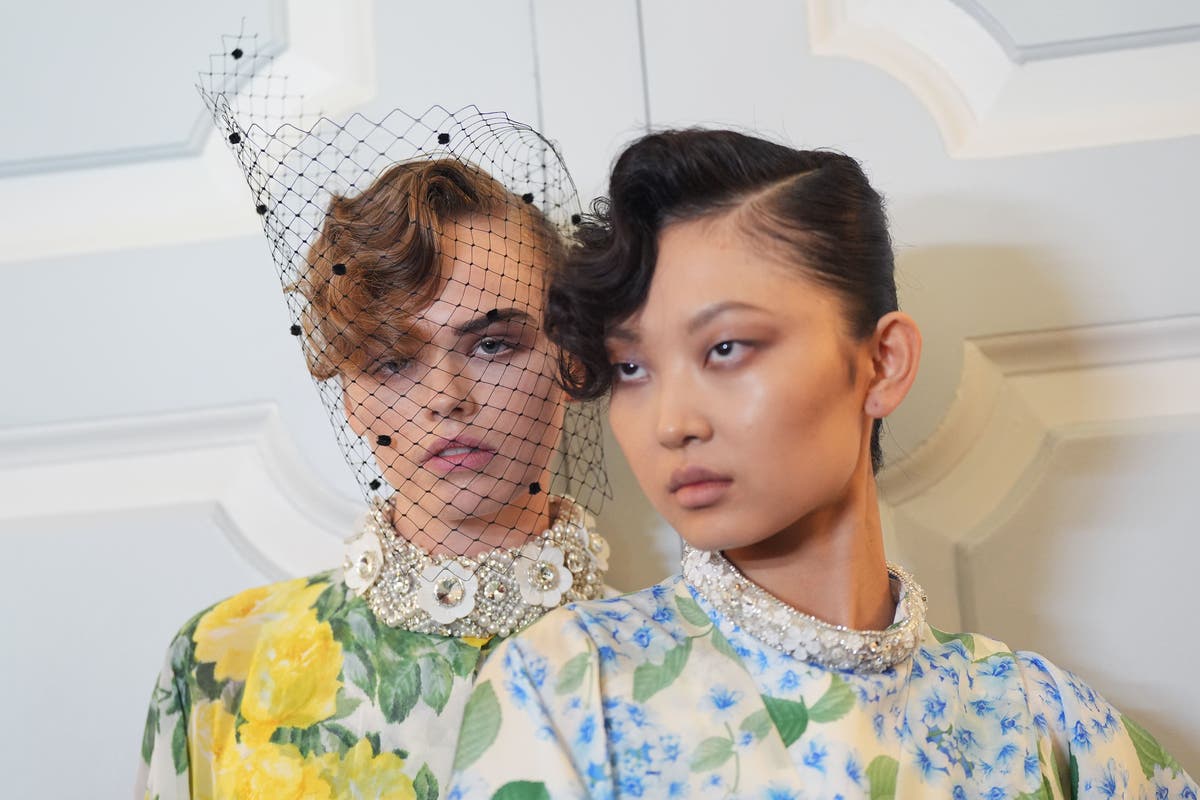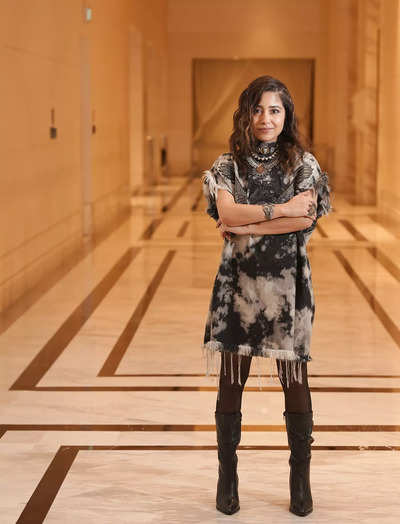PARIS — Three times, this American gymnast and former Olympic all-around champion has taken the floor to compete at these Paris Games. And three times, she has walked away with a medal. With an inspiring tale of redemption and courage, she emerged from a personal nightmare to write a new Olympic story — ending up with enough hardware to join the short list of the most decorated gymnasts of all time.
Sunisa Lee may not get the headlines of teammate Simone Biles, and she might never match the career exploits of America’s most famous gymnast. But in adding a sixth career medal to her collection Sunday afternoon with a bronze on the uneven parallel bars, Lee more than earned this day in the solo spotlight. Suni Lee wins an uneven bars bronze medal with a fantastic routine in the final! #ParisOlympics 📺 NBC and Peacock pic.

twitter.com/0V1TGS25sp As much as anyone in Paris, the 21-year-old Minnesota native has pushed her way out of life’s shadows and into the light — her recovery from not one, but two debilitating kidney diseases in the past year just the headline of a grueling three-year span since she took an unexpected gold medal home from the Tokyo Games in 2021. With one more competition to go, in Monday’s balance beam finals, Lee is the owner of six Olympic medals, including the team gold and all-around bronze here in Paris.
Advertisement “I can’t believe that I have six medals, and this one definitely means a lot, a lot more than I thought,” Lee said. “Last Olympics meant a lot because it was my first one, but I think this one I’m really trying to enjoy everything that comes with it. “I feel like I’m doing so much better this time around and even having the girls, we really could not be here without each other, and just having the support and to be able to lean on each other has been incredible.
” The teamwork and togetherness of this year’s group of five American gymnasts has been one of the most heartwarming stories of Team USA, the personification of change in a sport as notorious for its abuses as celebrated for its successes. It cannot be understood without the context of Tokyo, when Biles’s difficult journey began. Forced to withdraw from the team competition and all solo events except beam, Biles’s stunning decision didn’t just teach the world about a condition known as the “twisties” — a gymnastics version of vertigo that makes every aerial move potentially life-threatening.
It didn’t just open a deeper conversation about the importance of mental health needs as much as physical ones. It also threw the all-around competition wide open. Advertisement Lee was the unintended beneficiary, spinning and tumbling her way to the gold medal everyone expected Biles to win.
But for all the magic of winning that title, the aftermath of those games ravaged everyone involved. Biles didn’t know if she’d ever compete again. Lee couldn’t help but wonder what people would make of a gold medal won in Biles’s absence.
And when Lee managed only a bronze in her best solo event, the uneven bars, she left with a heaviness belying the quantifiable success. It didn’t help that the competition itself was grueling off the mat, too, with the COVID-19 pandemic isolating athletes from friends, family and often each other. For Lee, life continued to throw her curveballs.
She headed off to college at Auburn, but unsettling amounts of attention left her attending school remotely. The gym didn’t provide much relief, where any result wasn’t good enough. If she won, it was expected.
If she didn’t, she’d failed her teammates. And then, without warning, her body began to betray her, swelling so much she gained as much as 30 pounds. She retreated home, described herself as “rotting” in her bed, and began to believe gymnastics might be over forever.
But slowly — with the help of doctors who worked tirelessly to diagnose and treat conditions Lee prefers to keep relatively detail-free; with her coach Jess Graba, who essentially gave her permission to surrender a second Olympic dream if that was what she needed to do; and with the love of her family and friends — she returned. Advertisement Seven months after re-dedicating herself to the sport, she is winning multiple medals in Paris. “I’m really proud of myself,” she said.
“This time around has just been so much more amazing. Like, I know I keep saying amazing. It’s probably really annoying, but that’s really it.
And with all the worst that I’ve had, it’s just amazing. It’s so much fun. “And I’m so happy with all my performances,” Lee continued.
“So happy with everyone who’s been able to medal, and so happy for all the girls here because I feel like everyone’s really been on a redemption tour this time.” Even as she matched her Tokyo placement with the bronze, she knew this one was different. OH MY.
😲 What a stellar uneven bars routine from Algeria’s Kaylia Nemour! #ParisOlympics 📺 NBC and Peacock pic.twitter.com/gZPZkZ0MFd First, the competition was fierce.
Kaylia Nemour, the 17-year-old French gymnast who chose to represent Algeria, posted a whopping 15.7 just two rotations before Lee. That came just after China’s Qiu Qiyuan scored a 15.
5. When it was Lee’s turn — she was the last of the eight finalists to compete — she knew she had to hit everything to have a chance at the podium. Other than one small step back on her landing, she was flawless.
“I feel like she had everything to lose coming back. You know?” Graba said. “There was nothing really for her to prove, except to herself.
” When the score flashed above her head, Lee threw her hands to her face in delight, the beautiful mixture of shock and joy telling the world how much it meant to her. Advertisement Suni Lee couldn't contain her excitement after winning bronze in uneven bars at the #ParisOlympics ! ♥️ pic.twitter.
com/uj2BVqdEEz Funny, the world had spent days telling her how much she means to them. “I’ve been flooded with messages from people saying they’ve had chronic illnesses and things that they’ve had to deal with. So it’s a really good feeling, knowing that I can inspire others,” she said.
“Especially knowing I’ve spent a lot of months in my lowest, having people that were there to lift me and support me along the way was such a good feeling. “And I think that’s such an important message, to just lean on your people when you need them.” Tara Sullivan is a Globe columnist.
She can be reached at [email protected] .
Follow her @Globe_Tara ..



















